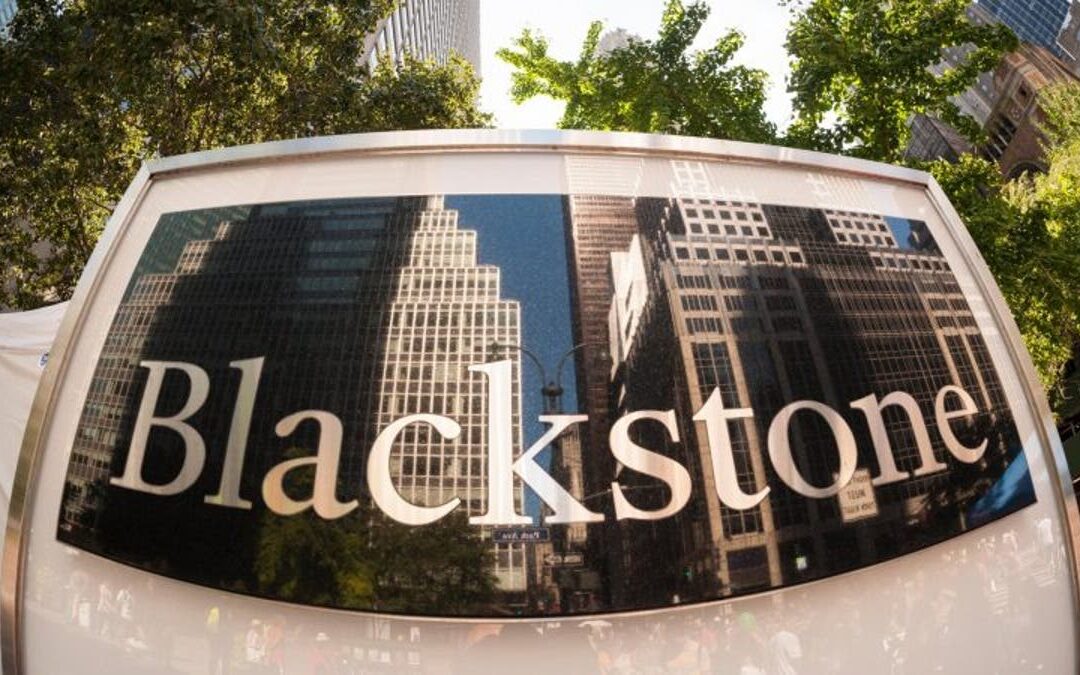They came to Latin America a decade ago, when the economy was booming. Now, many private equity companies are liquidating their investments and reducing their presence in the region to escape the volatility of currencies and faltering economies, devastated by the poor response of the region to the pandemic.
Blackstone Group and Carlyle Group Inc. are among those reducing their investments in Latin America, as many global investors are reluctant to buy private stakes in large, mature companies. The thriving public equity markets are helping them shed their investments, while competing for trades and keeping valuations high.
“There is a lot of discredit in the region as a whole,” said Arminio Fraga, former director of the Central Bank of Brazil and partner at Gavea Investimentos Ltda., An alternative investment firm based in Rio de Janeiro. Gavea abandoned its plan to create a private equity fund in April amid weak demand from international investors.
Carlyle is also giving up on raising exclusive funds for Latin America, after more than 10 years in the business. The new strategy will consist of investing in the region from global funds managed by Carlyle, which manages around $260bn in assets worldwide.
Blackstone did not manage exclusive private equity funds for Latin America, but instead invested through São Paulo-based Patria Investments Ltd., one of the largest asset management firms in the region. The New York-based company, which manages $ 649 billion globally, sold most of its 40% stake in Patria in January, and now owns 14.4%.
Private equity funds have raised only about $ 190 million for investments in Latin American countries alone so far this year, according to data compiled by Bloomberg. That compares with about $ 2.8 billion last year and a record $ 9.16 billion in 2014, according to LAVCA, the association for private equity investment in Latin America.
Private equity divestments hit a record $ 5.4 billion in Latin America last year, or $ 11.1 billion, including sales of venture capital stakes in 105 transactions. Most of that figure corresponded to activity in the public markets of the Brazilian stock exchange, according to LAVCA. This will continue this year, with a number of companies backed by private equity planning to make initial public offerings, LAVCA said.
“As long as growth remains mediocre, it will be very difficult to justify a thesis of purchase of private stakes in companies more exposed to economic cycles in Latin America, such as the retail or consumer sector,” said Piero Minardi, president of the Brazilian association of venture capital and private equity ABVCAP.
Latin America was the darling of the industry just 10 years ago. While the economies of the United States and Europe continued to suffer the consequences of the 2008 financial crisis, Latin America enjoyed strong growth driven by a commodity boom.
And private equity entered the scene. Blackstone acquired a 40% stake in Patria in September 2010, while the Highbridge Capital Management unit of JPMorgan Chase & Co. bought Gavea in October of that year. In 2008, Carlyle opened an office in Brazil, followed by TPG Capital LP in 2012, and KKR & Co. and Apax Partners LLP in 2013.
But, after an economic expansion of 6.3% in 2010, GDP growth rates began to decline and JPMorgan sold control of Gavea to its Brazilian founders in 2016. TPG, KKR and Apax also closed their offices in Brazil. Carlyle is in negotiations to transfer part of its Brazilian team to local investment firm SPX Capital, which will manage the 20 billion reais ($3.9bn) in investments it still has in the country.
Pandemic effect
Much of the decline in private equity this year can be attributed to COVID-19. Argentina, Colombia and Brazil are the worst places in the world to live during the pandemic, according to the Bloomberg Covid Resilience Ranking, which uses a wide range of data to capture where the crisis is being handled most effectively.
The region’s poor response to the crisis, including a lack of vaccines, is reducing the economies of many countries in dollar terms. That also decreases the size of transactions, making them less attractive to funds that prefer to invest at least $ 200 million.
Some local firms will continue to raise funds dedicated to Latin America for international investors. Patria, which has about $ 9 billion under management in those strategies, is one of them, said Alexandre Teixeira of Assumpcao Saigh, the company’s chief executive and founding partner, in a call with analysts on May 20.
But the investment strategy will not translate into big bets. Instead, Patria plans to buy stakes in small or medium-sized companies in fragmented sectors and then merge them into one large company. The firm will focus on sectors more resilient to a slow-growing economy, such as logistics, food, beverages and healthcare.
Rio de Janeiro-based Vinci Partners Investments, which raised a R $ 1 billion private equity fund this year, will also focus on small and medium-sized companies with “growth potential and ESG (environmental, social and corporate governance). ”The company said in a statement. About 70% of the fund’s investors were local.
Risk capital
Private equity investments in Brazil fell 42% in the first quarter compared to the same period in 2020, to 1.9 billion reais, according to ABVCAP and KPMG. But venture capital investments are booming, more than tripling to 8.8bn reais in the period.
“The pandemic anticipated digitization trends and tech startups are the big winners,” said ABVCAP’s Minardi.
The prospect of increased exchange rate volatility given next year’s Brazilian presidential elections, political instability in Peru and unrest in Colombia will likely keep foreign private equity investments in Latin America limited, Minardi said.
“Latin America has just gotten too small for some large private equity investors globally,” said Alexandre Bertoldi, partner at the Pinheiro Neto Advogados law firm.
Source: Explica
Can’t stop reading? Read more
KKR-backed Optiv enters private debt talks as $1bn maturity wall looms
KKR-backed Optiv enters private debt talks as $1bn maturity wall looms KKR-owned cybersecurity...
Permira set for $3bn Golden Goose exit as HongShan circles Italian luxury brand
Permira set for $3bn Golden Goose exit as HongShan circles Italian luxury brand Permira is in...
CPE to invest $350m in Burger King China joint venture with Restaurant Brands International
CPE to invest $350m in Burger King China joint venture with Restaurant Brands International...




